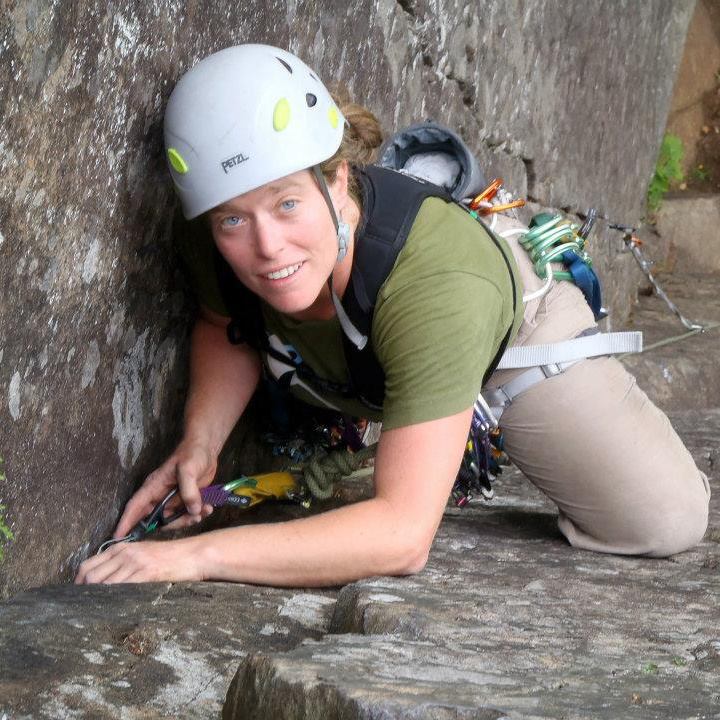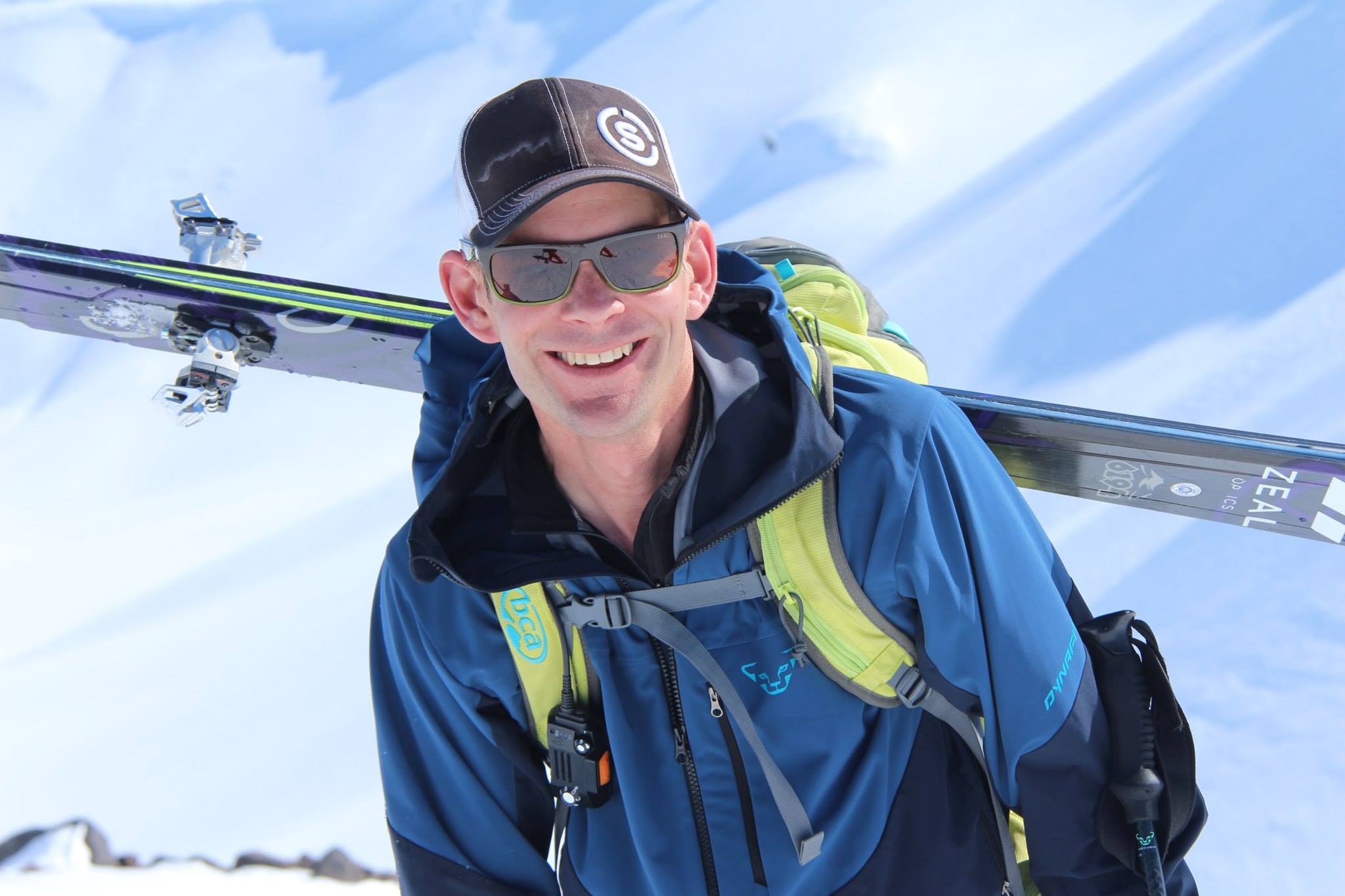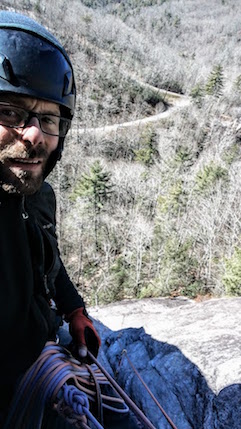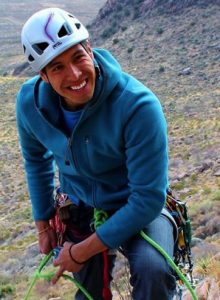The article, “A Unified Front,” in the GUIDE Bulletin, pg. 28 is Inaccurate
Note: This article appeared page 28, Issue #2 of the GUIDE Bulletin with some major errors due to editorial oversight. I’m sorry for causing any confusion. The article published below is the corrected version. Please note also that thanks to the generous sponsorship of Arc’teryx, the AMGA will be bringing the Round Table Discussion on Guided Access to your region. Please click here to see our 12.14.13 blog post for more information. -Lizzy Scully
And to clarify, there are significant errors in paragraphs #5 & #7. In paragraph #5, Massey addresses a sensitive subject:
- That subject is and should read: “the
certificationtraining of guides working for accredited businesses.” - In sentence #2, it should read: “…all
staffguides must be trained by AMGA.”
- And, in the final sentence, it should read: “But all new field staff that started after that date must be
certifiedtrained by the AMGA.” - And in paragraph #7, it should read: “
CertificationAccreditation-based access gives the AMGA more bargaining power with land managers.”
Guides address important issues, show new cohesiveness at 2013 AMGA Annual Meeting
From the round table to the clinics to the social events, most participants agreed this Annual Meeting was the most successful one ever held. About 175 people attended the social events, award ceremony, and professional development clinics run by AMGA Instructor Team members who were paid for the first time. Plus, the AMGA introduced the unique and exciting High Altitude Symposium.
“Our goal this year was to increase the value of the Annual Meeting to our membership, including the overall level of professionalism and professional development opportunities,” said Outreach & Advocacy Director Scott Massey. “By doing the Symposium as the introductory event, we really set the bar high.”
According to Fox Mountain Guides Owner and AMGA Board Member Karsten Delap the Symposium illustrated the purpose of the AMGA and its guides. “We offer the coolest information that is the latest and greatest out there,” he said. “That’s what we are all about—education.” But more than that, he added, this year’s Annual Meeting showed that the AMGA and its guides are moving the profession forward as a cohesive unit.
AMGA Technical Director Dale Remsberg agreed, adding: “In the past the guiding community was a lot more divided. But as we have continued to work on common goals, those gaps have closed. We are really addressing this tough issues head on.”
In fact, Massey addressed one sensitive subject at the October 24 Round Table—the training of guides working for accredited business. The Board of Directors recently decided that all guides of AMGA-accredited businesses must be trained by the AMGA for the terrain in which they work. Guides hired before January 1, 2008, who did in-house trainings are exempt if they continue to work for the business that hired them prior to that date. But all new field staff that started after that date must be trained by the AMGA.
“There was a widespread perception that our accreditation program was devaluing the time and effort that guides have put into the training and certification process,” Massey explained. “By bringing these two programs closer, we feel that begins to address the issue.” Feedback was positive for the most part, he added. However, among other concerns voiced, there were concerns that turnover at small guide services might make it quite challenging to maintain accreditation.
“But,” says Massey, “with increasing numbers of guides taking AMGA programs, there will be a bigger hiring pool in upcoming years.” Plus, he added, accreditation-based access gives the AMGA more bargaining power with land managers. “It addresses the business-related needs of land managers; in addition, it assures both the public and land managers that all guides working for guide services accredited by the AMGA are trained by the AMGA for the terrain on which they work.”
Another tough access issue addressed was the perception of who has access. Currently no national directives apply universally to our public lands, and so there has been contention around who should have access—guide services or individuals.
“But both options can work and are appropriate for American guiding,” Remsberg said. The AMGA, he added, is actively lobbying legislators “at a DC level” to encourage them to establish a directive that applies to all national parks.
“Around the country barriers are being broken down,” Remsberg added. And the reason is that guides and guide services are working more closely with each other and the AMGA.
“There is real change happening, and we are becoming a strong organization,” added Delap. “The AMGA leadership continues to get stronger because the members are stepping up to the challenges that we all face.”












